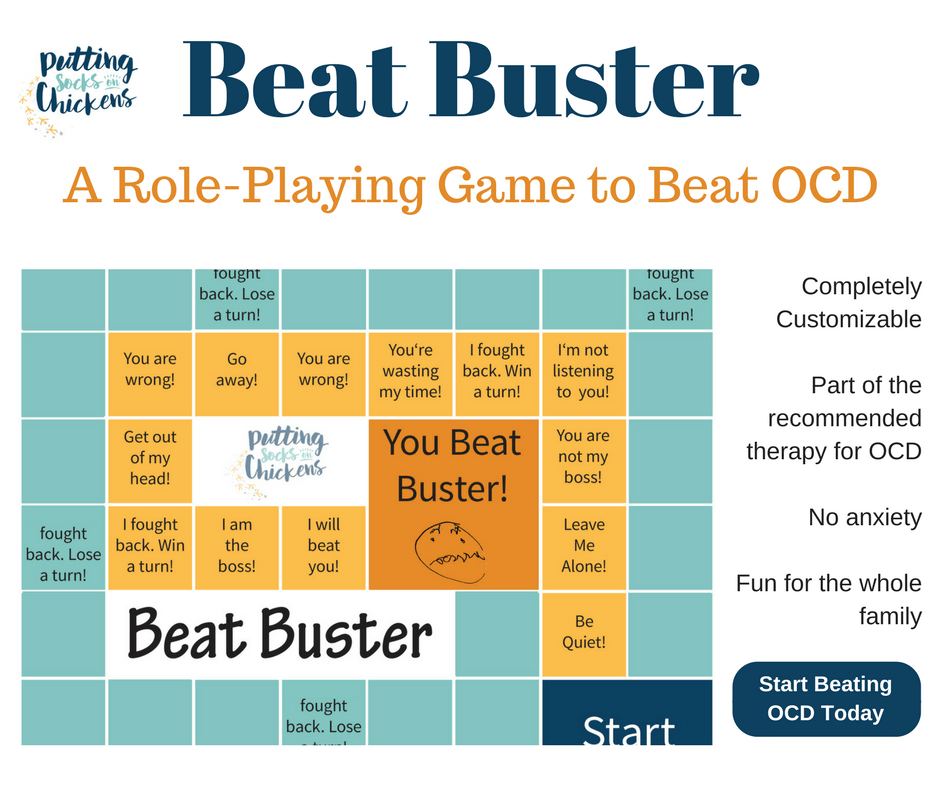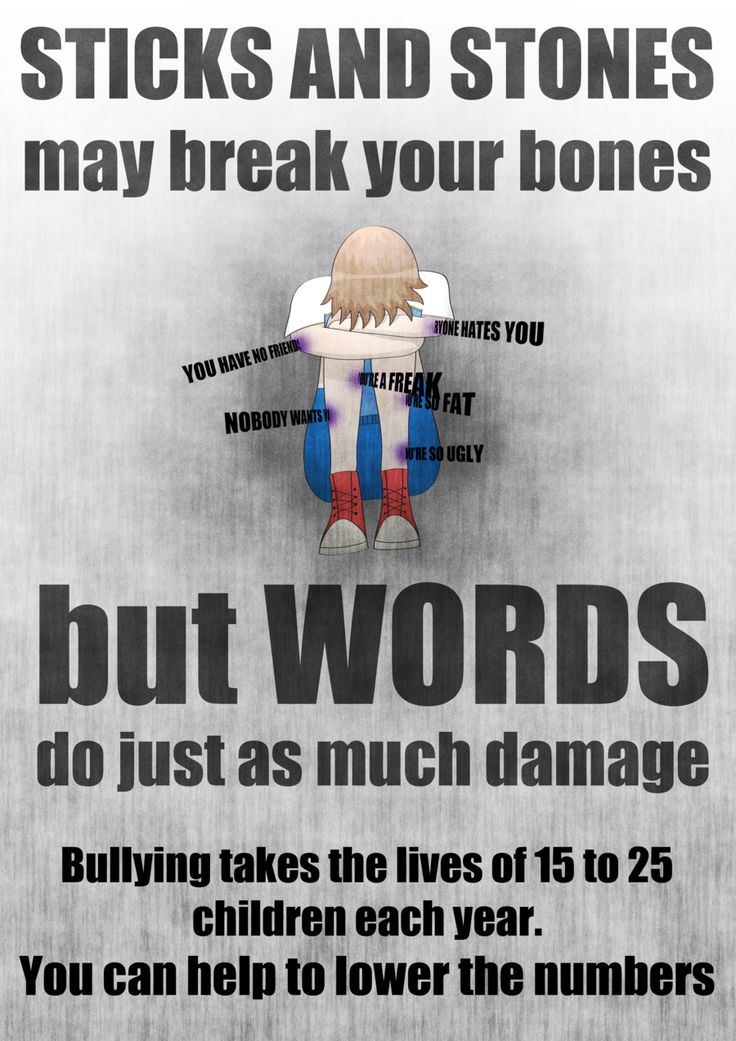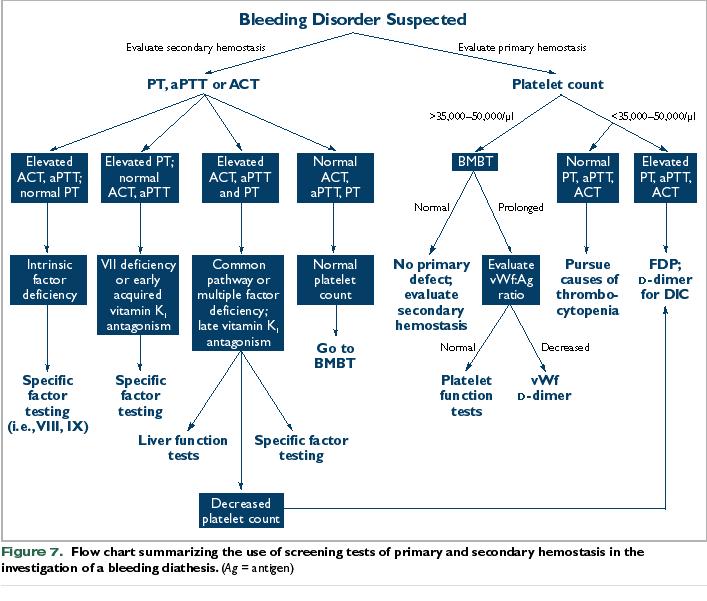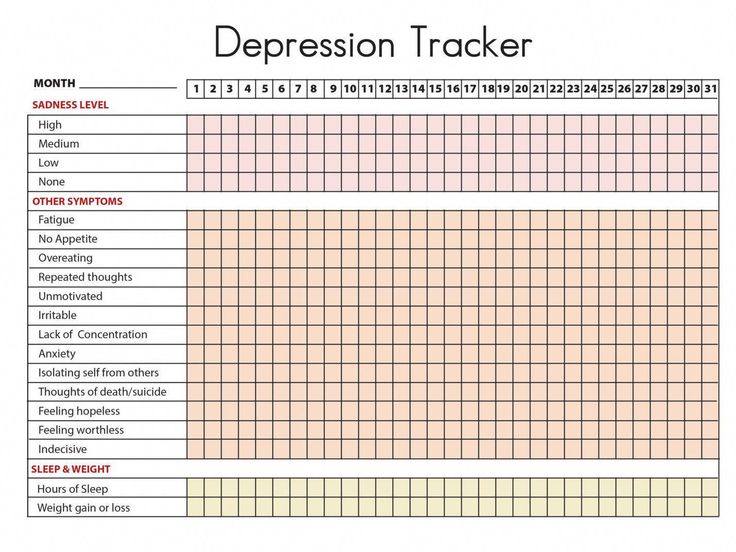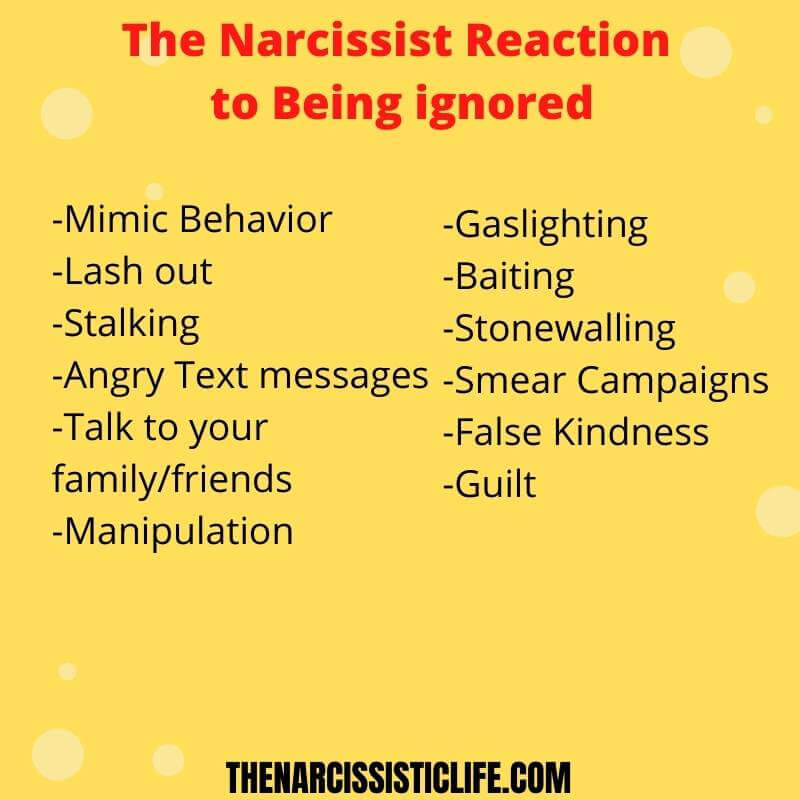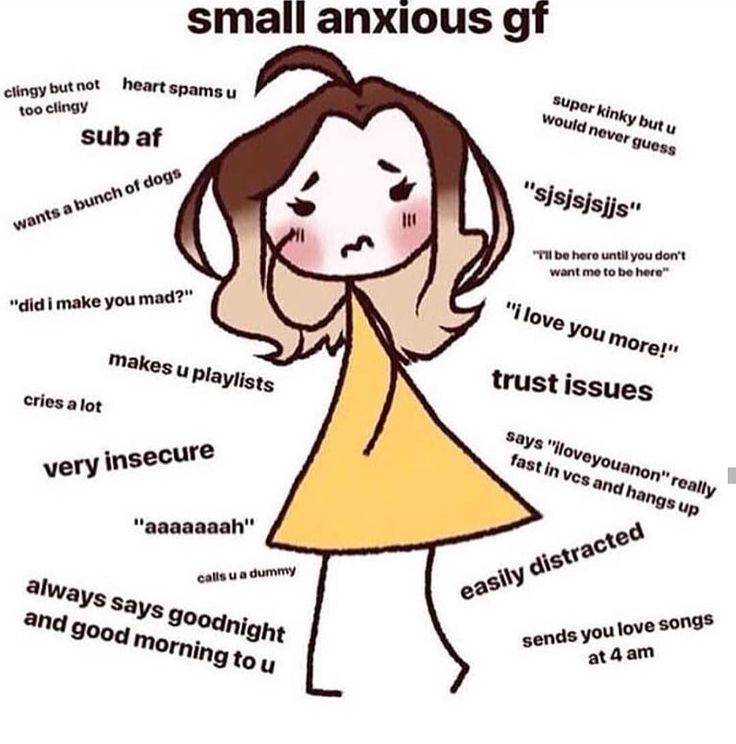Ocd and voices
What Causes OCD Hallucinations and What Helps?
Anxiety disorders are some of the most common mental health conditions in the world. There are five main types of anxiety disorders. Generalized anxiety disorders, or GAD, and obsessive-compulsive disorder, OCD, are the most common. Approximately 2.5% of U.S. adults have been diagnosed with OCD, and this condition can also impact children and teens. While most people understand that OCD sufferers struggle with obsessions and compulsions, OCD can also cause a range of auditory and tactile hallucinations.
What is OCD?
OCD is a type of anxiety disorder where patients have symptoms of obsessions, compulsions, and in rare instances, hallucinations. These OCD symptoms cause a lot of distress in a person’s life and can prevent them from engaging in regular routines or forming and maintaining close relationships.
Obsessions are thoughts, urges, or mental images that induce fear and disgust in patients. Often, obsessions take on the following themes and motifs:
- Fear of bacteria, sickness, and contamination
- Experiencing intrusive, taboo thoughts
- Having sudden, distressing thoughts of harming others or themselves
- Needing things to be in perfect order or symmetry
These obsessions cause patients to experience intense anxiety. To alleviate this distress, OCD sufferers will engage in compulsions, or rituals, to prevent obsessions or reduce the pain they cause. Unfortunately, this just reinforces OCD symptoms. Compulsions are often excessive but match the obsession that’s precipitated them.
- Continuous handwashing
- Arranging objects in a particular way, such as alphabetically
- Checking things repeatedly, such as a locked door or oven
- Compulsive counting, either out loud or silently
People without OCD may engage in obsessions and compulsions. But what separates people with OCD versus people without the condition are the following characteristics:
- People with OCD can’t control their obsessions or compulsions
- People with OCD often realize their obsessions and compulsions aren’t logical, but can’t stop anyway
- For an official diagnosis, someone with OCD must engage obsessions and compulsions for at least one hour each day
- Performing compulsions doesn’t bring them joy, but alleviates anxiety
- Obsessions and compulsions severely impact their ability to function
In some cases of OCD, a patient may also have what’s known as a tic disorder.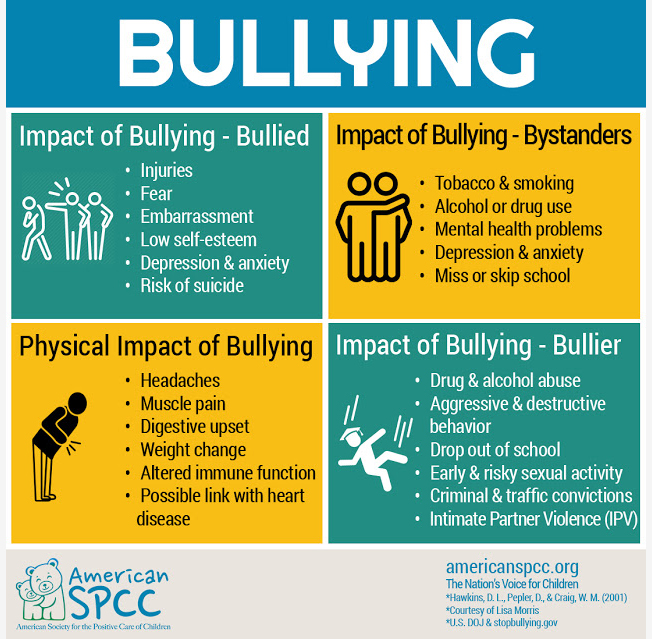 These are motor tics that are sudden and repetitive. The patient may blink rapidly to alleviate a distressing thought, jerk their head a certain number of times, or shrug their shoulders. Vocal tics may also occur, where the person sniffs, grunts, or clears their through to prevent an obsession from giving them anxiety.
These are motor tics that are sudden and repetitive. The patient may blink rapidly to alleviate a distressing thought, jerk their head a certain number of times, or shrug their shoulders. Vocal tics may also occur, where the person sniffs, grunts, or clears their through to prevent an obsession from giving them anxiety.
OCD symptoms may ebb and flow. During times of stress, symptoms may worsen. In these instances, a person with OCD may withdraw socially and begin to isolate themselves as a way to prevent anxious thoughts and feelings. They may feel embarrassed when performing a ritual in public, so avoiding public situations may become a complication of OCD. Turning to drugs and alcohol to cope is also a risk with this disorder. In rare cases, though, distressing hallucinations may occur in untreated OCD.
What are OCD hallucinations?When people think of mental health conditions where hallucinations are common, they often conjure up images of people struggling with schizophrenia, bipolar disorder, or psychotic depression.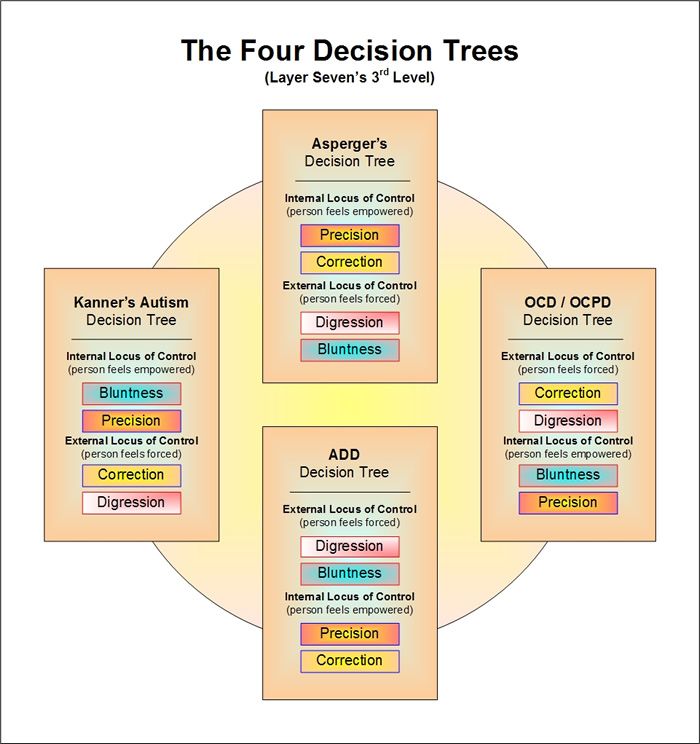 But in OCD, hallucinations are more sensory-related or tactile-related and less auditory or visual in nature – although this does sometimes occur in OCD.
But in OCD, hallucinations are more sensory-related or tactile-related and less auditory or visual in nature – although this does sometimes occur in OCD.
Recent studies conducted on OCD and hallucinations found links between the strength of someone’s sensory obsessions and certain types of hallucinations. The study found that people who had more trouble controlling their urge to perform compulsions experienced stronger sensations related to obsessions. The strength of these sensory hallucinations appeared to be stronger in those who had obsessions related to contamination and cleanliness. People with “vivid imaginations” struggled the most with sensory hallucinations, according to the study.
The study also found that many OCD patients experienced intrusive obsessions as audible voices that shouted at them, spoke, or whispered. Another occurrence the research uncovered was that people with OCD who experienced auditory obsessions also self-reported their normal thoughts as being louder than an average person’s.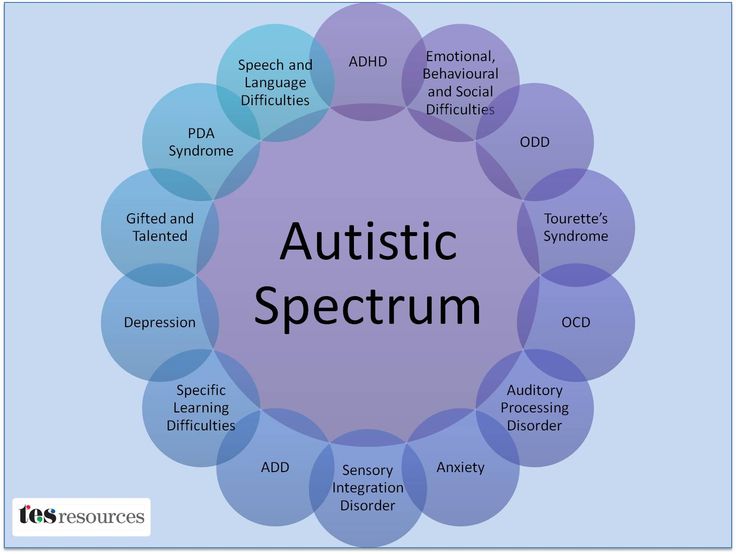
The links between severe OCD and hallucinations can offer some insight into how to treat this condition. For one thing, if intense sensory-related hallucinations were linked to harder-to-control OCD symptoms, then treatments aimed at controlling or redirecting those sensations might be worth considering.
What causes OCD hallucinations?The cause of OCD hallucinations is often rooted in the severity of a patient’s obsessions. Patients with more vivid imaginations and more severe, harder-to-control obsessions are more likely to experience hallucinations. The cause of OCD and its many symptoms is not fully understood but has its roots in complex brain chemistry and changes in brain structure. Studies have found that OCD patients appear to have differences in the parietal cortex and frontal regions of the brain. Differences in dopamine processing may also explain the basis of OCD symptoms.
How can someone get help for OCD hallucinations and symptoms?
OCD may be a painful and distressing condition, but it is a treatable disorder.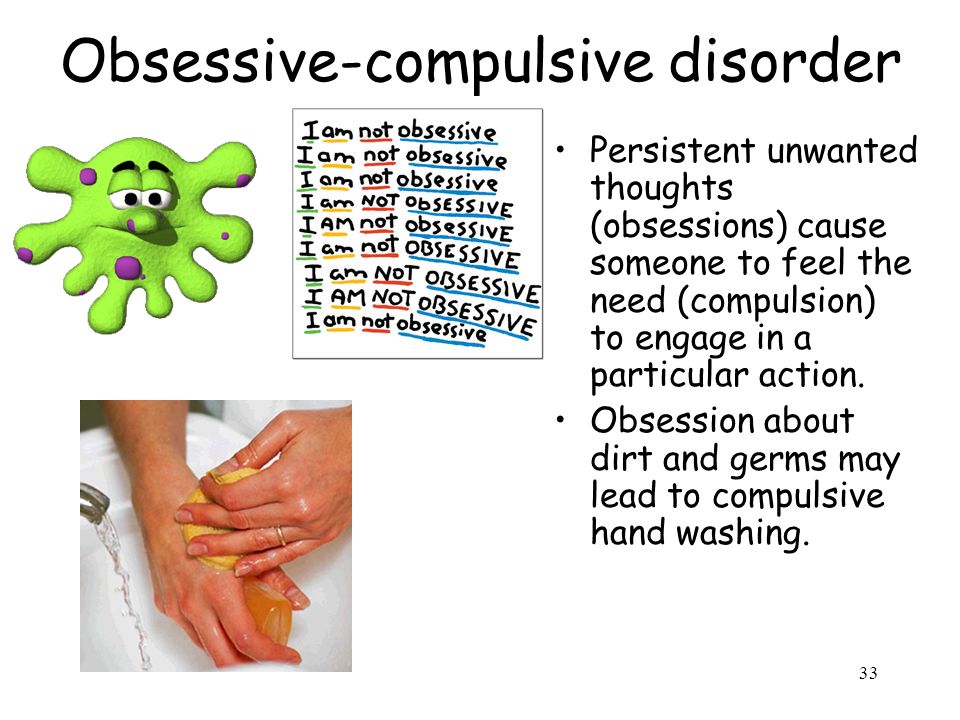 Millions of people who are diagnosed with OCD will go on to live a symptom-free life with a range of different treatment options. The most common treatment options for OCD are medications and therapy, specifically cognitive behavioral therapy. Rarely is medicine or therapy alone enough to alleviate OCD symptoms. Using both methods in tandem will give patients the best results. SSRIs can help reduce anxious thoughts and feelings, while therapy helps patients learn healthy coping strategies and habits instead of creating disruptive compulsions to deal with their emotions.
Millions of people who are diagnosed with OCD will go on to live a symptom-free life with a range of different treatment options. The most common treatment options for OCD are medications and therapy, specifically cognitive behavioral therapy. Rarely is medicine or therapy alone enough to alleviate OCD symptoms. Using both methods in tandem will give patients the best results. SSRIs can help reduce anxious thoughts and feelings, while therapy helps patients learn healthy coping strategies and habits instead of creating disruptive compulsions to deal with their emotions.
But therapy and medication are not foolproof ways to treat OCD. Some depression and anxiety medicines don’t work for everyone. For severe cases of OCD where medication has not helped, deep brain stimulation techniques are worth a try. The least invasive of these treatment options is transcranial magnetic stimulation. No IVs, anesthesia, or time off work is required to undergo TMS treatment sessions for OCD.
Are you or a loved one dealing with painful and distressing OCD symptoms? If medication and therapy haven’t worked for you, you might be a candidate for TMS treatment. Contact Pulse TMS today to learn more. Representatives are standing by to answer your questions.
OCD with Hallucinations I Psych Central
For some people with OCD, hallucinations can accompany their obsessions and compulsions. There are treatments to help you manage this.
Some people who have obsessive-compulsive disorder (OCD) experience hallucinations.
Obsessive-compulsive disorder includes two major symptoms: obsessions — which are persistent, upsetting thoughts or images — and compulsions, actions you take to stop those obsessive thoughts.
Sometimes, it can be accompanied by hallucinations. These hallucinations can be auditory, visual, sensory, or otherwise in nature.
Many people with OCD also experience quasi-hallucinations. With a quasi-hallucination, you know it’s not real, but the feeling is still strong. For example, you might feel dirt on your skin and have a compulsion to wash it off, even though you know there isn’t really dirt on your skin.
For example, you might feel dirt on your skin and have a compulsion to wash it off, even though you know there isn’t really dirt on your skin.
It’s also possible for someone with OCD to have a separate disorder, such as schizophrenia, which can also cause hallucinations.
As 2014 research notes, many of us experience mental images from time to time — you might think of a loved one and remember a specific memory very strongly, or even smell their perfume or feel the sensation of being hugged by them.
When these mental images are involuntary, we call them intrusions.
Constant intrusions can be a symptom of several mental health conditions, including:
- OCD
- post-traumatic stress disorder (PTSD)
- acute stress disorder
- dissociative disorders
Sometimes, intrusive mental images can fit the criteria of hallucinations, especially when they’re particularly vivid.
One 2017 study found a link between the strength of the compulsions and the sensory nature of obsessions. If someone experiences these quasi-hallucinations, such as the feeling of dirt on their skin, the impulse to carry out the compulsion will be stronger.
If someone experiences these quasi-hallucinations, such as the feeling of dirt on their skin, the impulse to carry out the compulsion will be stronger.
There are different types of hallucinations possible with OCD.
Auditory hallucinations
Auditory hallucinations involve hearing things that aren’t there — voices, bangs, music, or other noises.
One survey-based study dating back to 2009 found that many non-schizophrenic people with OCD have auditory hallucinations, although they’re often distinguishable from “real” sounds or voices.
Visual hallucinations
As the name suggests, visual hallucinations involve seeing things that aren’t there.
If you have obsessions around car accidents, for example, you might have a strong mental image of the events leading up to the accident, the crash itself, and the aftermath.
Tactile hallucinations (touch hallucinations)
Tactile hallucinations involve sensing the feeling of something on your skin.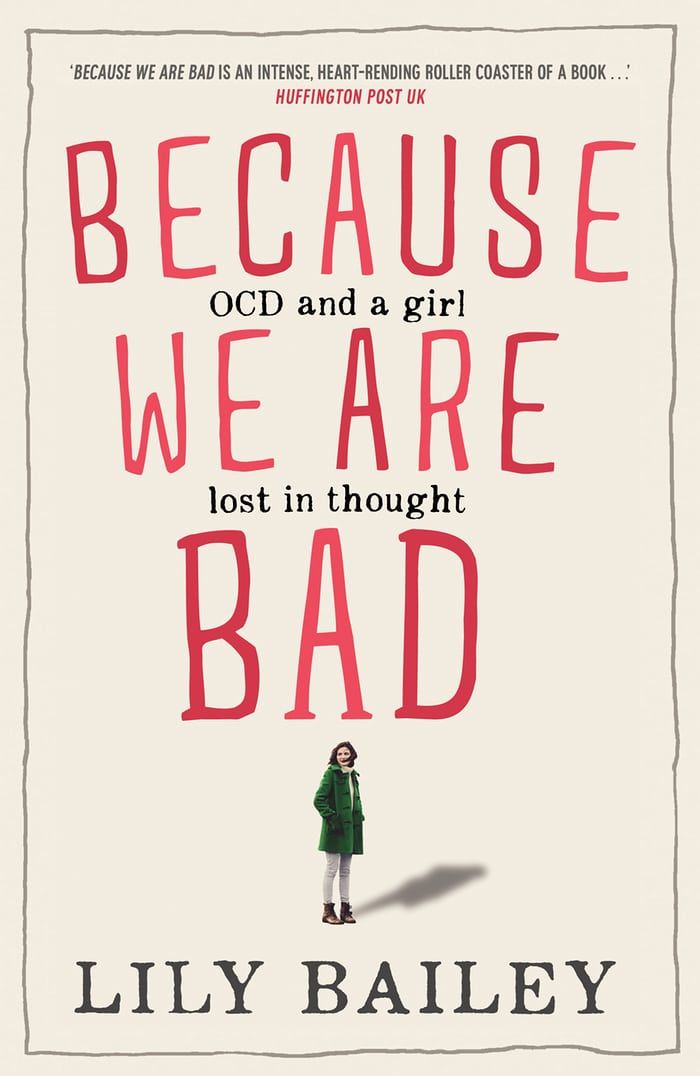 For example, you might “feel” dirt or germs on your skin if you have contamination OCD, compelling you to wash your skin.
For example, you might “feel” dirt or germs on your skin if you have contamination OCD, compelling you to wash your skin.
Olfactory hallucinations (smell hallucinations)
It’s possible to have the sensation of smelling something that isn’t there.
For example, a common OCD obsession is the idea that you didn’t turn off the gas before leaving the house. This might be accompanied by the smell of gas.
A compulsion that may follow could include checking that you’ve turned it off several times before leaving the house.
Somatic hallucinations (bodily hallucinations)
Bodily, or somatic, hallucinations can involve feeling like things are happening to your body. You might feel the sensation of being hurt or falling, for example.
One study notes that 3 in 4 people with OCD report experiencing sensations along with their symptoms. These could be hallucinations or quasi-hallucinations.
There’s a lack of rigorous studies on the prevalence of OCD with hallucinations. However, one 2014 study, which looked at people with OCD and depressive symptoms, found that it’s fairly common among both groups.
However, one 2014 study, which looked at people with OCD and depressive symptoms, found that it’s fairly common among both groups.
Interviews with 26 people with OCD found that 73% experienced hallucinations or quasi-hallucinations. In total:
- 54% reported having somatic mental intrusions
- 46% reported having visual mental intrusions
- 35% reported having tactile intrusions
- 12% reported having auditory/acoustic intrusions
However, this is a small sample size, and it relies on self-reported information — in other words, these percentages might not accurately represent everyone with OCD.
In a word, no.
Auditory hallucinations and intrusive thoughts may seem similar, but they are not.
Intrusive thoughts can happen to anyone, and most people have them. Maybe you’ve finished a big exam and thought, “I’m pretty smart” or “I totally aced that.” Or, these thoughts can be negative: “I can’t believe I failed that test.”
These types of thoughts are not uncommon. They typically involve distinctive thoughts that you “hear” in your own voice, the same as you would any other thought.
They typically involve distinctive thoughts that you “hear” in your own voice, the same as you would any other thought.
Auditory hallucinations, on the other hand, involve hearing the voice of someone else.
People with OCD may appear to be in psychosis but are not. For example, they may repeatedly check and recheck the front door several times before leaving the house. They may do this fearing a break-in and feeling it was their responsibility for ensuring the doors were locked.
This is not psychosis. Why not?
A distinctive feature of OCD is the person may be aware that these intrusive thoughts and behaviors are irrational or not real but aren’t able to control them.
On the other hand, a person in psychosis may not be aware that their thoughts aren’t real.
A person with OCD may, however, also have schizophrenia. Psychosis can occur in schizophrenia.
OCD with hallucinations can be treated so that the symptom can become more manageable.
Talk therapy, also called psychotherapy, is a good place to start.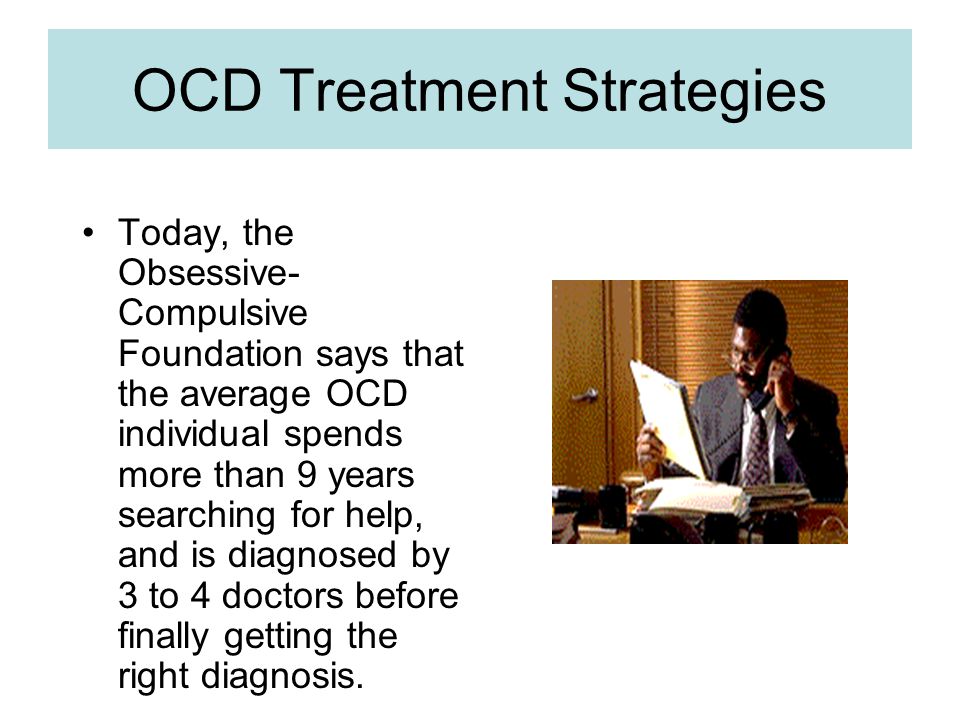 OCD is most commonly treated by exposure and response prevention (ERP), which is a type of cognitive behavioral therapy (CBT). Research has found that ERP is an effective therapy for treating OCD.
OCD is most commonly treated by exposure and response prevention (ERP), which is a type of cognitive behavioral therapy (CBT). Research has found that ERP is an effective therapy for treating OCD.
Some research, such as this 2014 study, has suggested that imagery rescripting might help treat OCD with hallucinations.
Imagery rescripting might involve acknowledging the sensation, reconsidering it, and then changing it so that it feels different. Imagery rescripting can be a part of CBT or another kind of therapy.
Some people with OCD benefit from medications prescribed by a doctor. Selective serotonin reuptake inhibitors (SSRIs), which are often prescribed for depression and anxiety, might help people with OCD.
There’s no current research to suggest that medications may help with hallucinations.
Although self-care strategies can’t replace therapy or medication, they can help manage symptoms of OCD.
Common self-care strategies for OCD include:
- healthy lifestyle choices, like eating a balanced diet and getting enough sleep, both of which can affect your mood
- exercise and meditation, which can help you manage stress
- creative hobbies to help you process your emotions
Having OCD with hallucinations can feel isolating.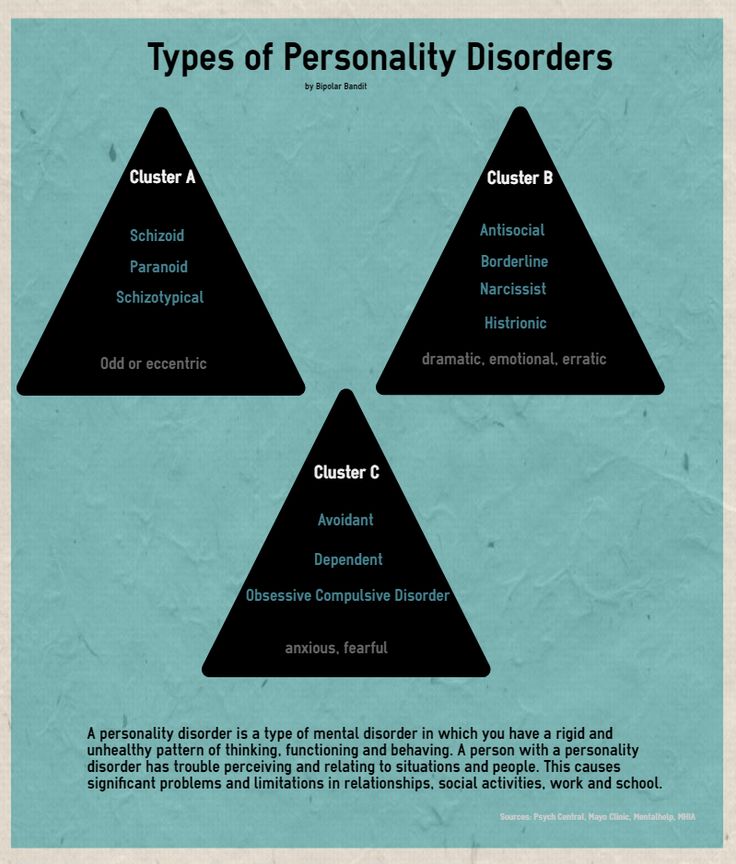 It might be a good idea to find support groups for people with OCD. You could try the IOCDF OCD support groups list for local meet-up groups and the IOCDF online or telephone support groups for remote groups.
It might be a good idea to find support groups for people with OCD. You could try the IOCDF OCD support groups list for local meet-up groups and the IOCDF online or telephone support groups for remote groups.
Some people with OCD do experience hallucinations or quasi-hallucinations. This can be a result of OCD or it could be a symptom of another mental health condition.
Remember, OCD can be treated effectively. Talk therapy is a good place to start if you’d like to get help. You can start by finding a therapist experienced in treating OCD.
OCD: what is obsessive-compulsive mental disorder, diagnosis, treatment
In our time, obsessive-compulsive mental disorder is faced by those who knew this disease only by hearsay. Surprisingly, psychologists note that many OCD patients can find advantages in their illness. Still, it is better to diagnose the disease and try to cope with it. The statistics are disappointing - up to 3% of the world's population is faced with a violation.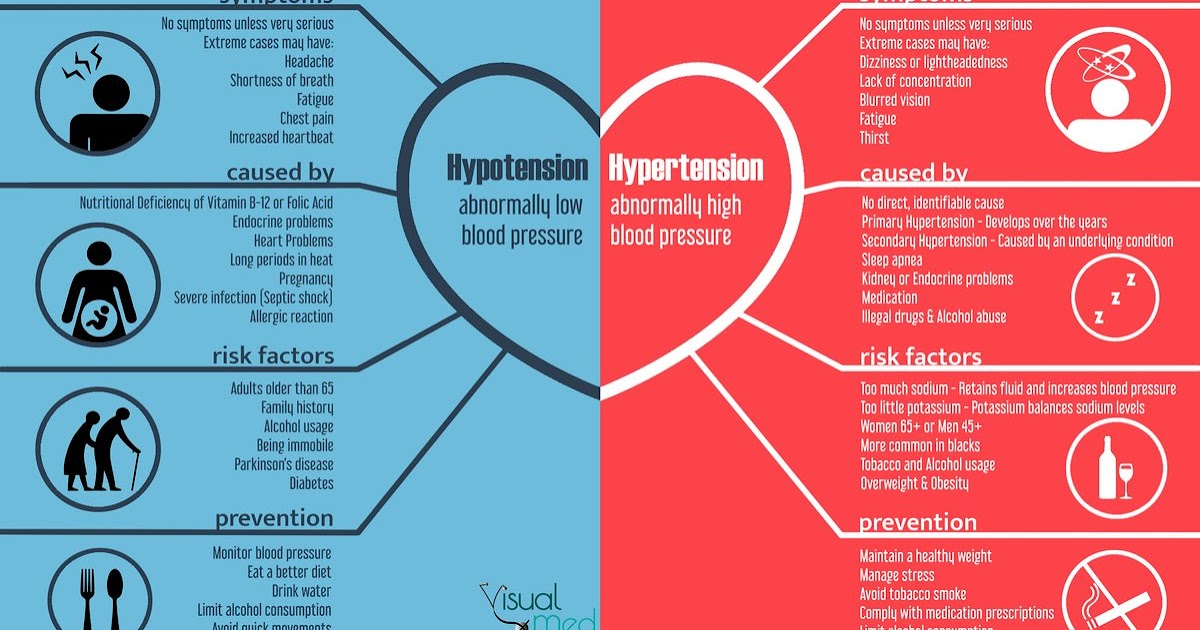
What is OCD (obsessive compulsive disorder)? nine0005
OCD, or obsessive-compulsive disorder, is a mental disorder characterized by obsessive thoughts (obsessions) and actions (compulsions). Striking examples include the desire for perfect cleanliness, the fear of catching various diseases, a manic attachment to certain rituals (for example, pressing the doorbell three times, washing hands after each handshake, etc.).
Often, the manifestation of obsessive-compulsive disorder is accompanied by bodily harm to oneself or other people. It is important to diagnose the disease in time so that it does not develop into a pathology. nine0003
Obsessive-compulsive disorder is also called obsessive-compulsive disorder. The disease can be chronic, episodic or progressive. Equally, the disease is present in both men and women. Sometimes the patient himself understands that his thoughts in their manifestation are absurd, and the behavior that follows them is very ineffective. But resisting them is useless. Suppressing these actions only increases the anxiety state.
But resisting them is useless. Suppressing these actions only increases the anxiety state.
If we consider the disease from the side of physiology, then it leads to functional disorders in the following parts of the brain: nine0003
- basal ganglia;
- frontal part;
- caudate nucleus;
- amygdala.
The severity of obsessive-compulsive personality disorder in patients can vary and most often depends on the presence of stressful situations in a person's life. Violation can change life for the worse, reduce communication with society. A distinctive feature of obsession can be considered the absence of rationalism, and compulsions - that they cannot be abandoned. nine0003
Patients, realizing their situation, are afraid to go crazy, they start to worry about their relatives, about their own and their safety. In practice, such neuroses do not lead to serious consequences or mental disorders, and aggressive thoughts do not lead to subsequent actions.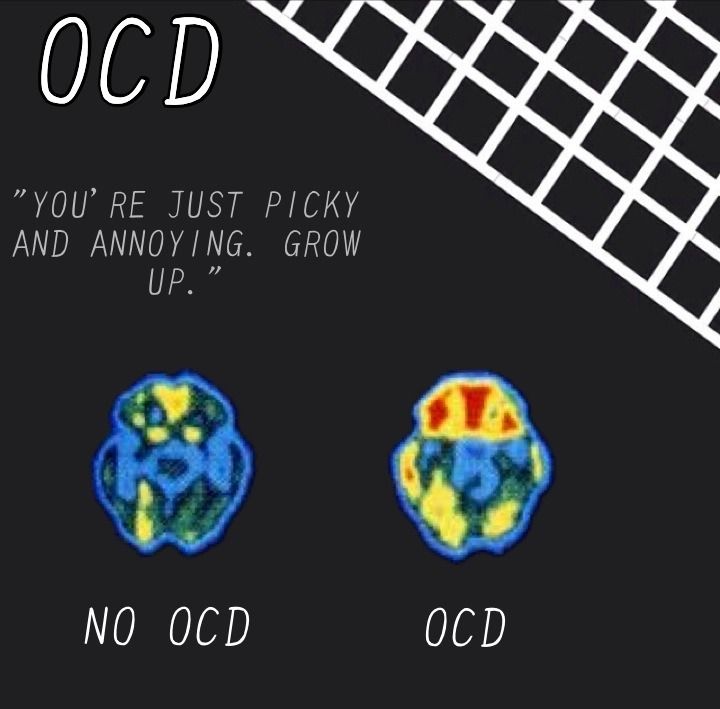
This is what distinguishes a person with OCD from mentally deranged or hallucinating patients. A patient with OCD has the following symptoms:
- high intelligence;
- adequate thinking; nine0016
- conscientiousness and anxiety;
- high sense of responsibility;
- pedantry;
- desire to be the best.
Symptoms of obsessive-compulsive disorder
The most obvious symptoms include the obsessive and compulsive disorders already mentioned, that is, obsessive thoughts and a manic desire to perform any action. Thoughts can manifest as images, delusional ideas, inexplicable drives. Obsessive-compulsive disorder and its symptoms are observed in the form of the inability to make decisions regarding everyday situations. nine0003
Of the main signs of OCD, the following can be distinguished: obsessive-compulsive disorder:
- intrusive thoughts;
- anxiety and various fears;
- the same rituals that a person performs daily.
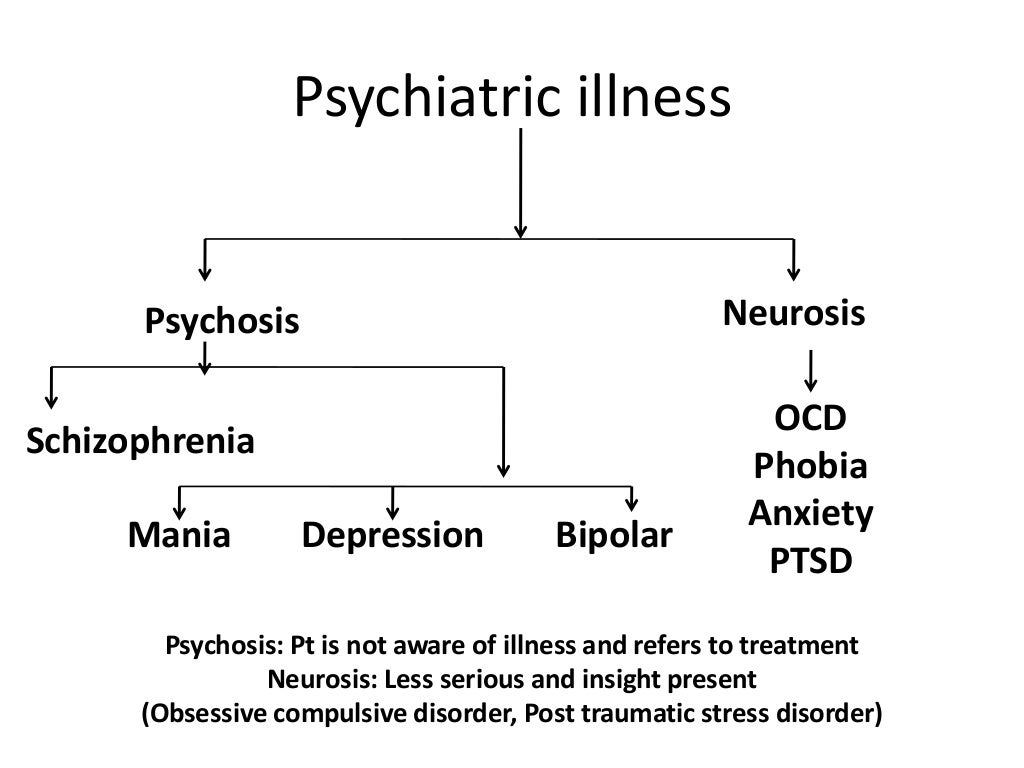
Among the mental symptoms in patients, the following are observed:
- fear of catching an infection;
- causeless anxiety;
- maniacal desire for order and cleanliness; nine0016
- excessive superstition.
With OCD, the patient appropriates all incoming thoughts, in contrast to the disease of a split personality, when a person hears "foreign" voices.
These actions themselves do not bring pleasure to a person, but they can reduce the level of anxiety and stress. This does not last long and after a while the obsession returns, a phobia sets in and everything starts in a circle. Outwardly, compulsions can resemble ordinary work, for example, a person lays out things, constantly cleans the house, although the house can be perfectly clean anyway. nine0003
Sometimes the manifestation of obsessive-compulsive disorder manifests itself physically. A person does not sleep well, he has headaches, heartaches, blinking becomes more frequent, nervous tics and convulsions occur, pressure rises, appetite is disturbed, and sexual desire decreases.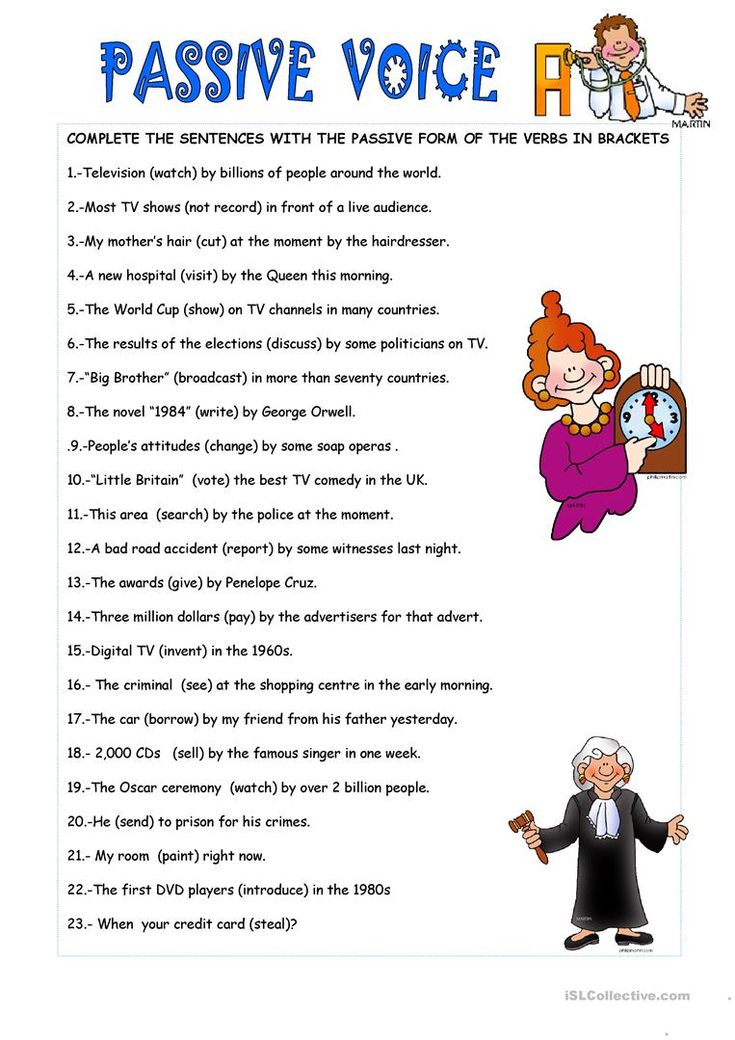
The manifestations of obsessive-compulsive disorder are constant and manic in nature, they cause inconvenience to a person.
Causes of obsessive-compulsive disorder nine0005
Scientists are still conducting various studies to establish the exact causes of the violation. But there are no exact data in this area. Despite this, it is customary to single out several areas that can cause obsessive-compulsive disorder syndrome, the reasons are:
- Psychological. OCD occurs when a person develops aggression towards an object. It also includes stressful situations that provoke a violation. The state appears as an exit of emotions, as a marker of anxiety. nine0016
- Biological.
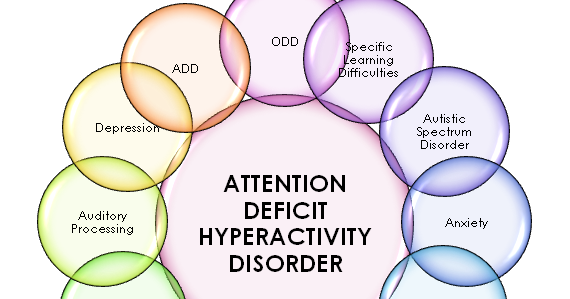 The disorder is the result of a disease of the brain or nervous system. It can be provoked by various kinds of injuries, hormonal disorders or anatomical features.
The disorder is the result of a disease of the brain or nervous system. It can be provoked by various kinds of injuries, hormonal disorders or anatomical features. - Genetic. The disease can be inherited.
- Sociological. They arise as a response of the body to external factors.
- Exogenous. They manifest themselves in the form of traumatic situations that can happen at work or in personal life. nine0023
- "Mental chewing gum" or rumination.
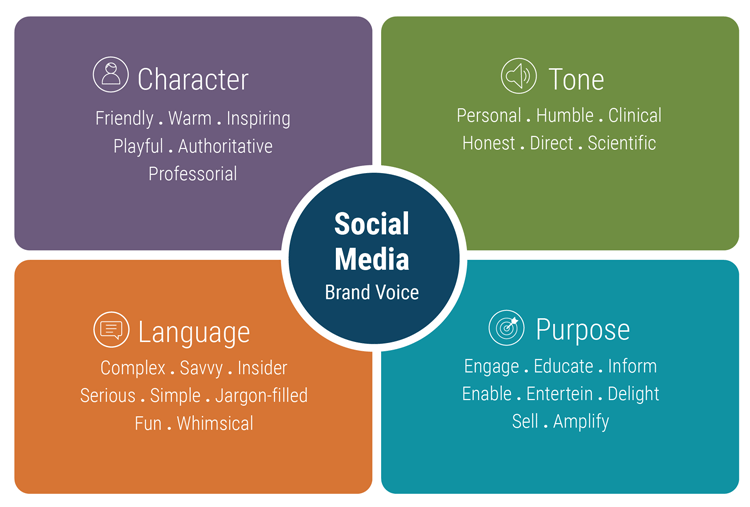 When a person sets himself unsolvable questions and tasks.
When a person sets himself unsolvable questions and tasks. - Arrhythmia. Obsession, which is manifested by the constant re-reading of various objects.
- Intrusive reproduction. It manifests itself in the painful formation of a person to remember everything that is not related to a given period of time, event or conversation. nine0016
- Onomatomania. An obsessive desire to remember all the words, titles and names.
- Misunderstanding. At this stage, intrusive thoughts are mild. A person feels a violation of the habitual consciousness, anxiety, cannot understand the nature of the occurrence of manic impulses.
- Understanding. Accompanied by a visit to a specialist. The patient understands that disturbances are present, but cannot yet realize the changes. Often at this stage there is hope that the state will change and life will return to its previous course.
- Adoption. The patient comes to terms with the mental disorder, agrees to treatment. He ceases to regard obsession and compulsion as a temporary condition.
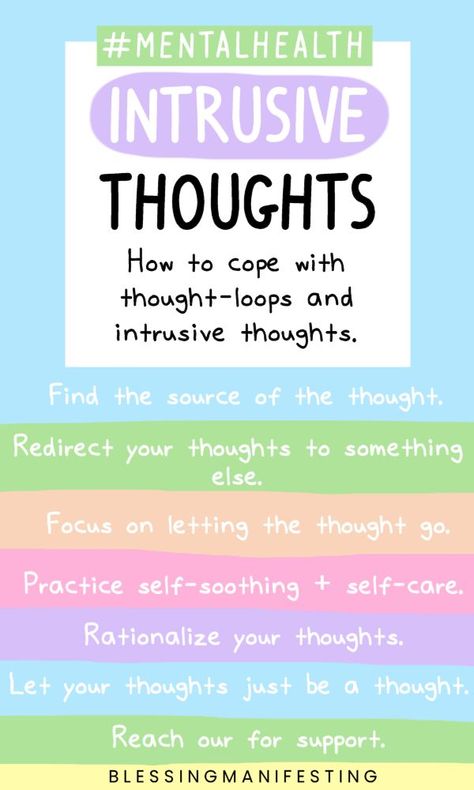 At this stage, it is important to fully interact with the attending physician, to obtain comprehensive information about the disease. nine0016
At this stage, it is important to fully interact with the attending physician, to obtain comprehensive information about the disease. nine0016 - Suicidal behavior. In a severe stage, the patient may commit suicide or try to cause physical harm to another person.
- From constant contact with soap and detergents that a person uses so actively, dermatitis can develop.
- Possible problems in the social sphere. Inability to communicate with society. A person falls out of society - he does not have a hobby, he is afraid to appear in public places, he cannot concentrate on work.
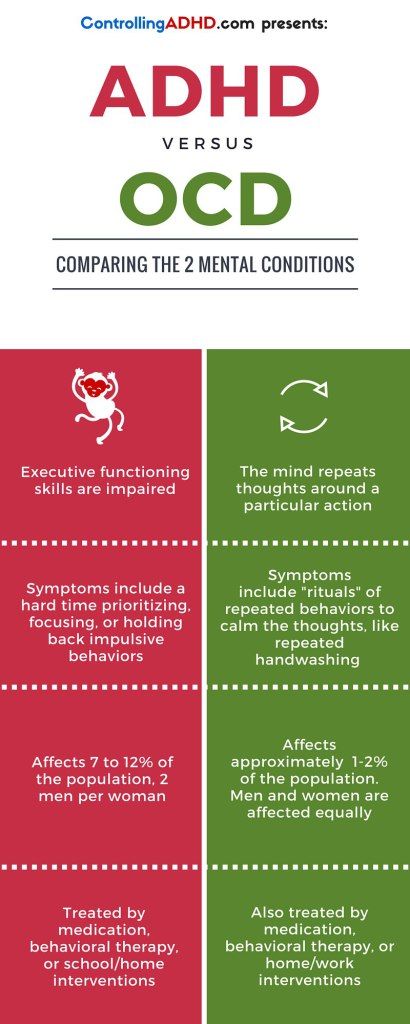 nine0016
nine0016 - There are conflicts with relatives and friends. Some people with OCD are unable to start a family and have difficulty raising children.
- The patient has intrusive thoughts. The frequency of their appearance in this case exceeds the permissible norm for two weeks.
- Obsessive thoughts and actions qualitatively worsen the life of the patient. nine0016
- The implementation of obsessions and compulsions causes discomfort in the patient.
- Actions and thoughts occur regularly and frighten the patient with their frequency.
- There is no specificity in thoughts and actions, their nature is associated with anxiety, generates stress in a person, internal tension.
- Primary. A person learns about a genetic predisposition, corrects his behavior with the help of a specialist, uses various methods to prevent the occurrence of a violation. Primary prevention also includes educational methods.
- Secondary. Used to prevent recurrence of OCD. In this case, you will also need the help of a specialist to correct behavior, calm and sufficient sleep, abstinence from alcoholic beverages and drugs. You can also follow a special diet that is aimed at producing serotonin.
 nine0016
nine0016 - Erich Fromm, "The human soul, its capacity for good and evil"
- Karen Horney, Neurosis and Personal Growth: The Struggle for Self-Realization
- Goldsmith G.N. Approaches to the treatment of narcissistic disorders: Kohut and Kernberg nine0016
- Otto Friedmann Kernberg, “Severe personality disorders. Psychotherapy Strategies»
- Dadasheva K.N. 1 , Agafonov B.V. 2 , Dadasheva M.N. 1 , Podrezova L.A. GBUZ MO MONIKI them. M.F. Vladimirsky, Moscow - neurasthenic syndrome in general medical practice. The possibilities of therapy.
- McWilliams N., reflections on schizoid dynamics
- T.A. Solokhina, prof. V.S. Yastrebov, L.S. Shevchenko - A model of organizing socio-psychological care for patients with schizophrenia.
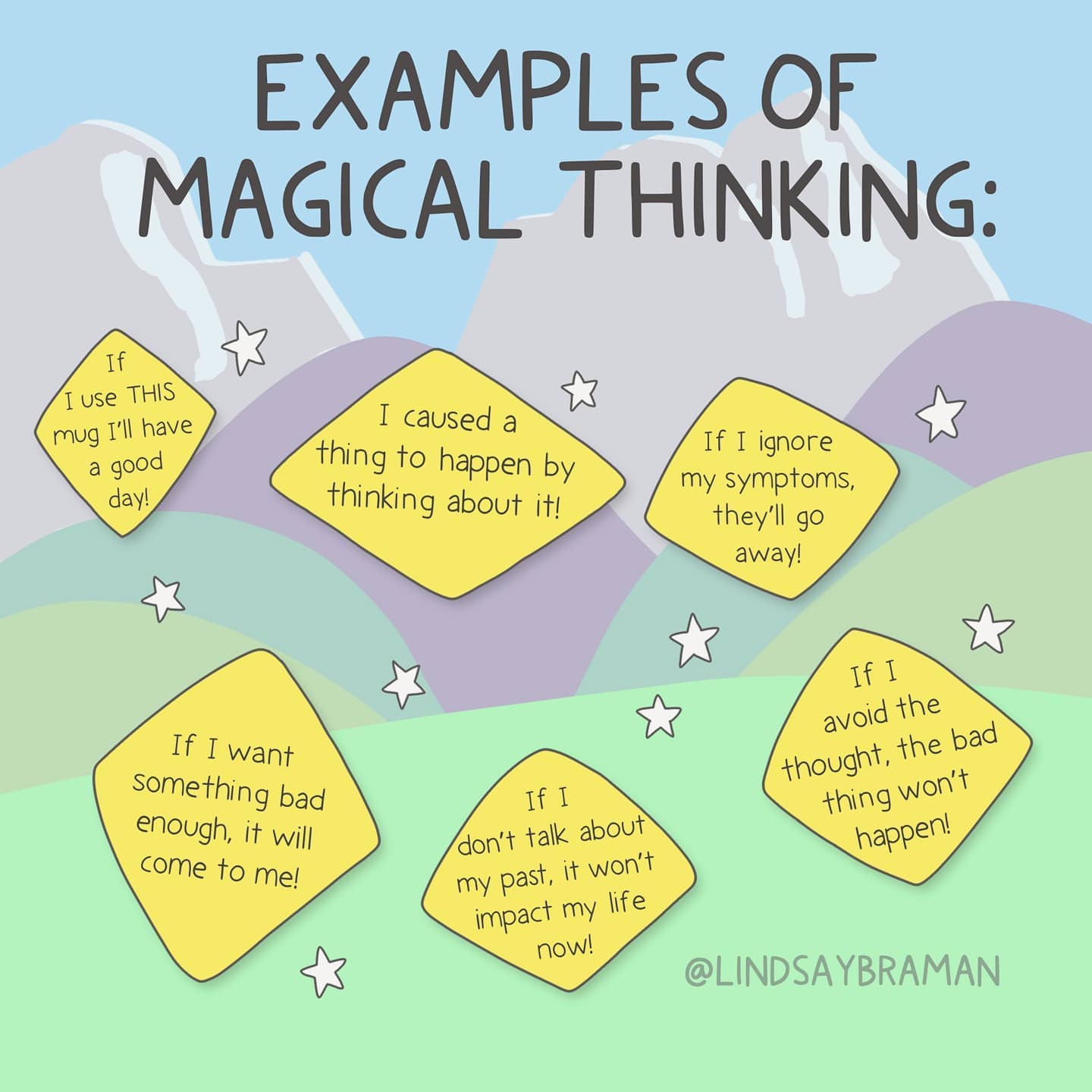 nine0016
nine0016 -
Maria Sinyapkina
Psychologist-Sexologist
90 answers
-
Maxim Sorokin
Practicing psychologist
970 responses
-
Nidelko Lyubov Petrovna
Practicing psychologist
243 answers
-
Maria Burlakova
Psychologist
306 responses
-
Vladimir Titarenko
Fitness nutritionist
86 answers
-
International Institute
Psychology, psychotherapy,.
 ..
.. 3 answers
-
Kainova Ekaterina
Family psychologist
5 answers
- nine0002 Maria Parkhomenko
Nutritionist, consultant on...
3 answers
-
Elena Gerba
family psychologist
76 answers
- nine0002 Maria Kremenetskaya
Speech therapist - defectologist
25 answers
-
I am infuriated with her children and grandchildren ...
1,0002 1 1 1 1 131 answers
-
The man immediately warned that all the property was registered to the children
870 answers
-
Such a salary - I don’t want to work
answers0016
-
Lies 22 years long. How to destroy?
876 answers
-
Husband left, 2 months of depression... How will you cope if you are left all alone?
186 answers
Disease pathogenesis
Despite various theories of the occurrence of OCD, the pathogenesis of obsessive-compulsive disorder has a well-defined nature of occurrence, although not fully understood. These structures of the body interact with each other through serotonin. The lack of this hormone is due to the heightened effect of neurons on the cerebral cortex. This provokes a blockage of the nerve impulse, which does not reach the next neuron.
Classification and stage of development of ROC nine0005
Obsessive-compulsive disorder has different degrees of severity and manifests itself in the following stages:
There are several variants of manifestation. For example, they can be expressed in simple symbolic actions. The patient can put a certain prohibition on performing actions, for example, counting steps for failure or success. They can also be expressed in physical actions aimed at self-harm: pulling out body hair and eating it. As a rule, an accurate diagnosis requires complete immersion in the disease in order to understand whether it is different from other mental disorders. nine0003
The manifestation of obsessive-compulsive disorder is equally observed in both men and women. It is much less common in children, although it is believed that the first signs may appear before the age of 11 years.
It is much less common in children, although it is believed that the first signs may appear before the age of 11 years.
Obsessive-compulsive disorder is most common in adolescents. Studies have shown that the disorder affects mainly adolescents aged 11-17 years. Up to 85% of all patients are adolescents.
Each person, as a rule, goes through three stages that are inherent in OCD: nine0003
The obsessive-compulsive disorder scale was introduced to determine the stage of the disorder. It's called the Yale-Brown scale. It was developed at Yale University under the direction of Wayne Goodman. This manual is accepted throughout the world as a traditional method for identifying the stage of OCD.
Complications of obsessive-compulsive disorder
In obsessive-compulsive disorder, the consequences can be irreversible and cover completely different areas of life: nine0003
When to see a doctor?
At the slightest suspicion of the listed symptoms, you should immediately contact a specialist. Often a person with OCD is not able to independently realize and accept that his behavior and way of thinking has changed.
If you have problems with society and loved ones, then you should listen to their advice and make an appointment with a doctor. nine0003
Diagnostics
The violation is included in the International Classification of Diseases (ICD-10). Diagnosis of obsessive-compulsive disorder includes a mandatory visit to a specialist with subsequent diagnosis.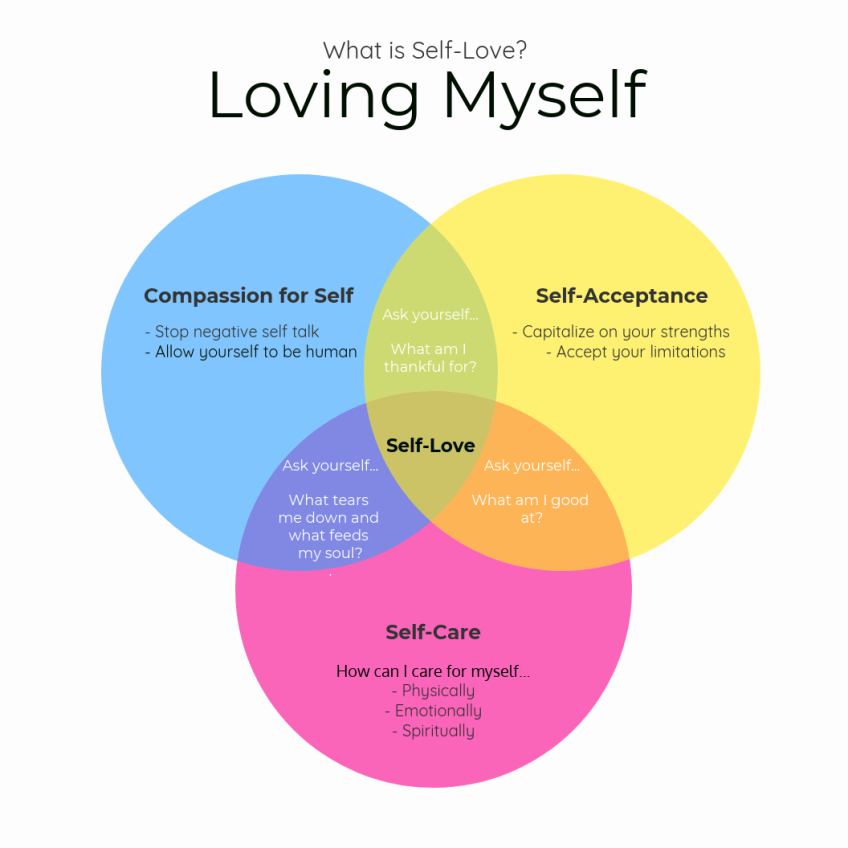
When making a diagnosis, the doctor relies on the following criteria:
The diagnosis is made if the patient has obsessive thoughts or ideas. They adopt an image that prompts them to impulsively perform some kind of action. nine0003
There is a mixed form of the disorder where the patient is equally haunted by obsessive thoughts and there is a manic execution of compulsions.
Treatment
Comprehensive treatment of obsessive-compulsive disorder includes an individual visit to a psychotherapist - a specialist identifies the causes of the disease, helps to recognize the signs of an obsessive-compulsive disorder, and accepts that the patient has OCD.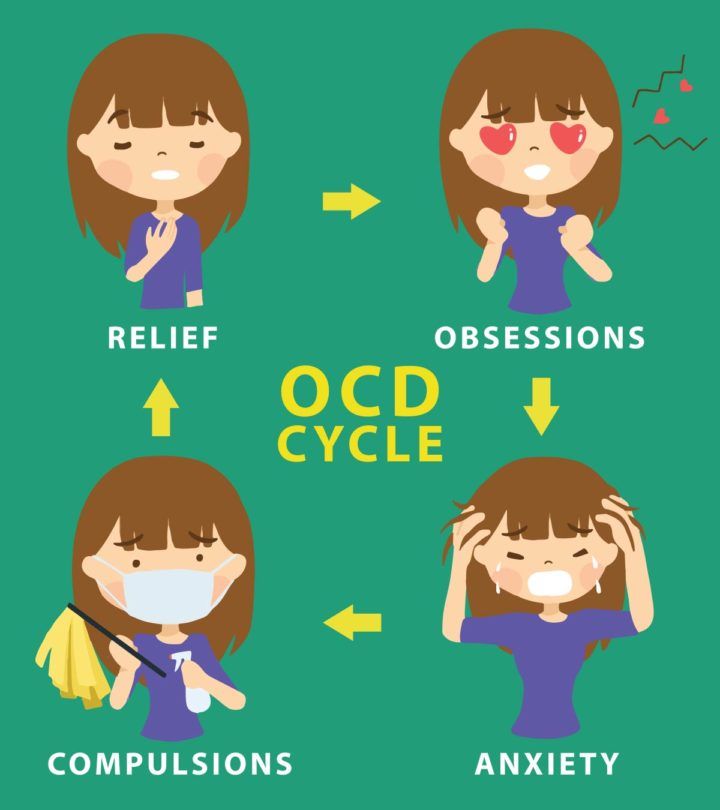 The next step is the CBT method (Cognitive Behavioral Therapy). The psychotherapist teaches the patient to monitor the appearance of OCD, find ways to change negative thoughts, displace them and change them into optimistic actions. Medications in this case are prescribed with the consent of the patient. nine0003
The next step is the CBT method (Cognitive Behavioral Therapy). The psychotherapist teaches the patient to monitor the appearance of OCD, find ways to change negative thoughts, displace them and change them into optimistic actions. Medications in this case are prescribed with the consent of the patient. nine0003
Antidepressants and anxiolytics (drugs that relieve anxiety) are prescribed as medicines. Treatment with sedatives is also possible, which helps relieve depressive thoughts, remove depressed mood.
Therapy for obsessive-compulsive disorder may include biofeedback therapy. Sensors are installed on the patient, with the help of which breathing, muscle work and heart rate are monitored. This technique helps to control the condition and further cope with emerging obsessive thoughts and negative emotions. nine0003
You can get treatment from private practitioners, but it is better to choose clinics that specialize in the treatment of mental disorders. Such institutions employ doctors with many years of experience who have been practicing and treating obsessive-compulsive disorder for many years.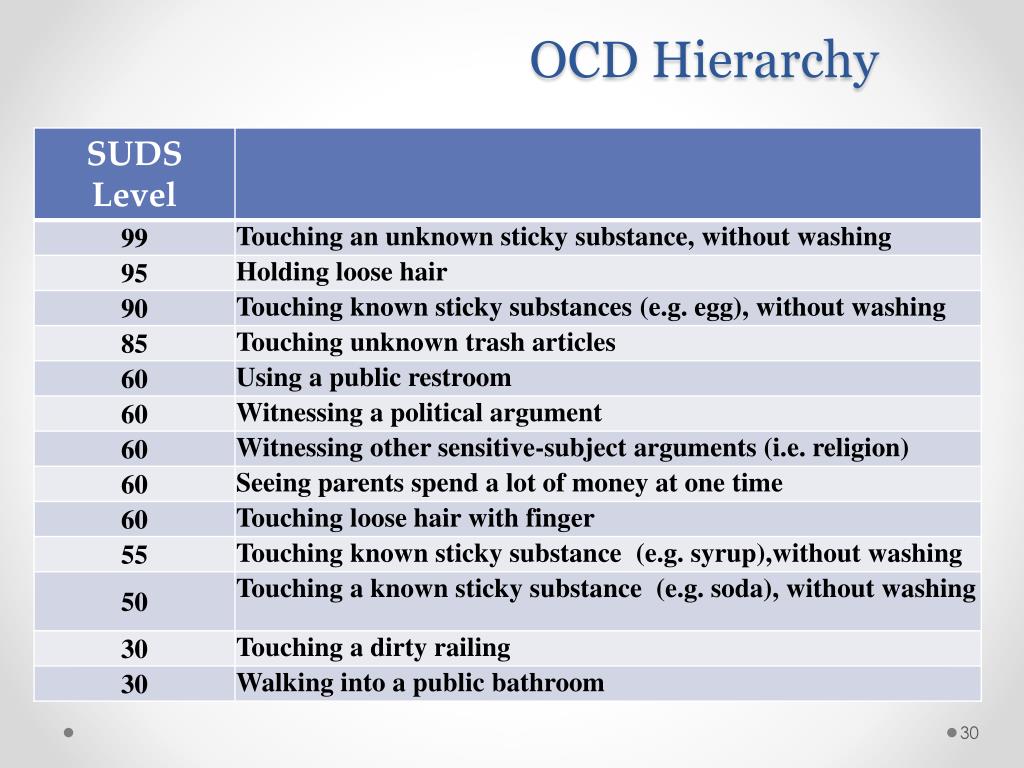
+7 (495) 121-48-31
Prevention and recommendations for illness
OCD is typical for people who have any other mental disorders. Also, with a stable calm state of patients diagnosed with OCD, its recurrence is possible. Since the specific cause of the violation has not been established, then prevention is advisory in nature. nine0003
For obsessive-compulsive disorder, recommendations in terms of prevention can be primary and secondary:
If any signs appear, it is better to consult a doctor, and not try to come to terms with unfamiliar conditions. It is useful to get comprehensive information about OCD from people who have suffered this disorder.
References:
I have OCD (listening to my inner voice).. are there any more like this?
#1
#2
#4
But I got rid of . I have a lot of will power. I just stopped doing what that voice was telling me. I told him that I am the mistress of my life and everything will be fine with me. She said that nothing bad would happen, because. I decide. nine0003
She said this every time the voice came up. Gradually, everything came to naught.
#5
#6
It will be bad when this vote starts to knock you on all sorts of navities
, I saw this unfortunately with a loved one
0002 #8
Uh oh
oh how does ocr stands for?
Guest
Well, it means that everything is fine with you if no one sees. Do you eat in cafes, do you go to restaurants?
Do you eat in cafes, do you go to restaurants?
I am not afraid to touch something or eat somewhere, so as not to catch an infection. My illness manifests itself in something else... in the orders that I hear in my head. Do this, not that, otherwise something will happen..
#10
Guest
this is actually how schizophrenia manifests itself
it will be bad when this voice starts inciting you to all sorts of nasty things
I’m serious, unfortunately I saw it myself with a loved one
#11
March
compulsive actually
sorry for the mistake)
I was just verbally told) how I heard it!
#12
#13
Oh
I had this as a child. I was told it was obsessive-convulsive syndrome.
I was told it was obsessive-convulsive syndrome.
But I got rid of it. I have a lot of will power. I just stopped doing what that voice was telling me. I told him that I am the mistress of my life and everything will be fine with me. She said that nothing bad would happen, because. I decide.
Spoke like this every time the voice came up. Gradually, everything came to naught. nine0003
#15
#16
9000 #17
Oh, how did it show up for you? Were there orders in your head too?
Yes! Not a voice, just thoughts came. It's like someone is telling me to do something or something bad will happen. Usually threatened with the death of a loved one.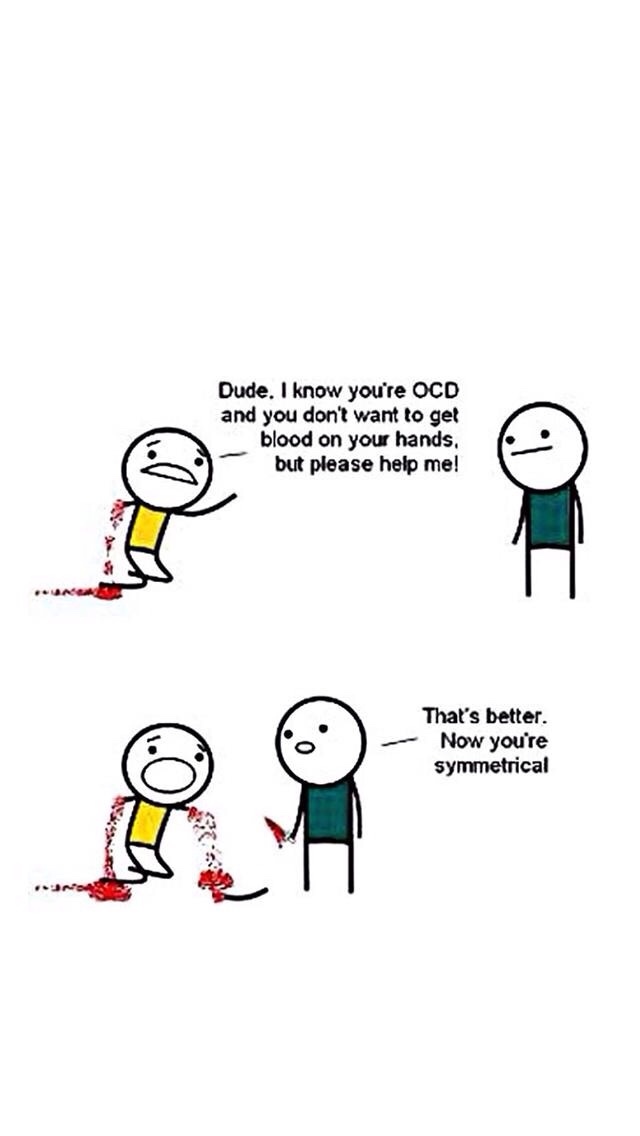
Once I decided to check whether it will come true or not (when something not very terrible was promised). It didn't come true. nine0003
Well, I started talking back to the voice. She said he was lying. It took a long time and gradually. Sometimes even now something flickers.
I was lucky - I have a highly developed spirit of contradiction. It wasn't that hard for me not to do what they said. Although I was afraid. You just need to believe in yourself and fight fear! You will succeed!
#18
12
I found the description = Obsessive mystical actions: ?thinking? words, counting up to a certain number, buying only this or that thing only in this or that store, the need to see someone or something or say a certain phrase? everything, "so that trouble does not happen", getting out of bed with a certain, "correct" one? manner etc . nine00003
similar
#19
hut on taxi legs
o-k-r.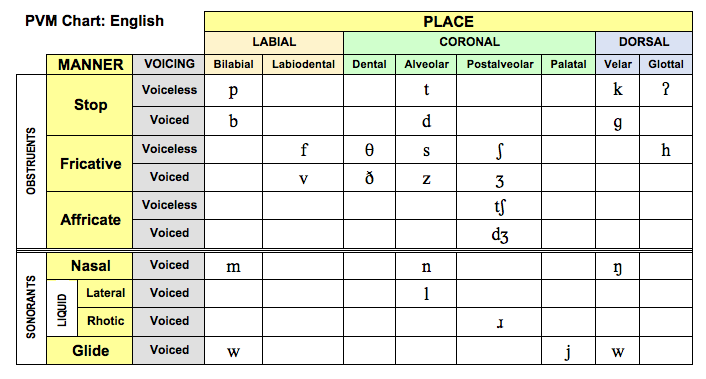 ru pass the test if you have env. I passed. the answer will come soon by mail
ru pass the test if you have env. I passed. the answer will come soon by mail
#20
etc. does not reach).
But globally, if I don’t do as he sees fit, then it’s easier to give him than to refuse, he doesn’t get it right (he says that you need to do it differently, and if something has already been done not according to his plan, then you need to fix it). But somehow we live normally, I'm already used to it, because understand that he is right at 99% of cases.
#21
Oh
Your text
Yes! Not a voice, just thoughts came. It's like someone is telling me to do something or something bad will happen. Usually threatened with the death of a loved one.
Once I decided to check whether it will come true or not (when something not very terrible was promised).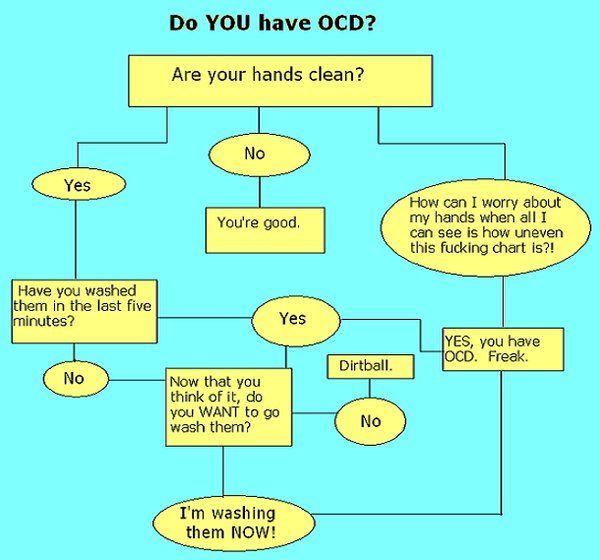 It didn't come true.
It didn't come true.
Well, I began to speak to the voice in response. She said he was lying. It took a long time and gradually. Sometimes even now something flickers. nine0003
I am lucky - I have a highly developed spirit of contradiction. It wasn't that hard for me not to do what they said. Although I was afraid. You just need to believe in yourself and fight fear! You will succeed!
#22
12
I found the description = Obsessive mystical actions: ?thinking? words, counting up to a certain number, buying only this or that thing only in this or that store, the need to see someone or something or say a certain phrase? everything, "so that trouble does not happen", getting out of bed with a certain, "correct" one? manner etc . nine0003
#23
Elizabeth Cronin is a total failure - she lost her husband, job, car, money.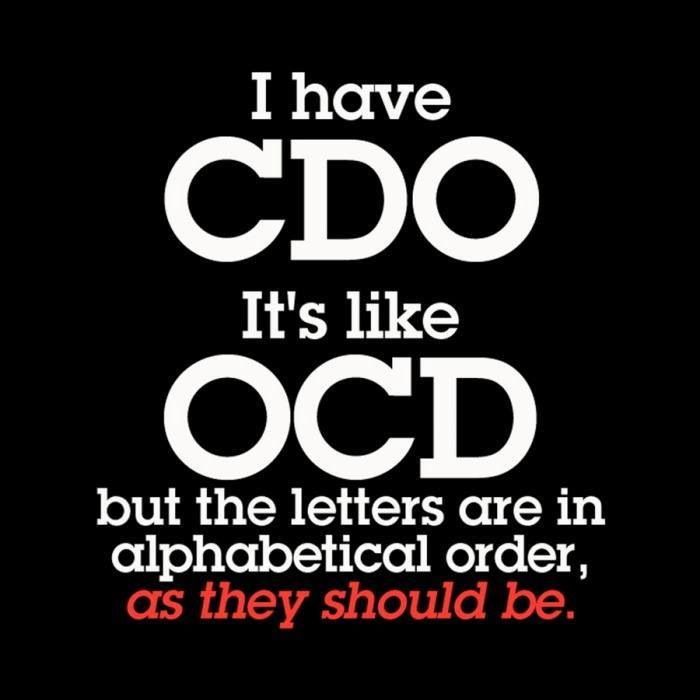 Her overbearing mother takes her in to live with her in her old house.
Her overbearing mother takes her in to live with her in her old house.
In her children's room, she finds the Snuffbox Devil, who as a child was her imaginary friend - Bad Fred. Unlike Elizabeth, who was helpful, kind, and innocent, Fred was a troublemaker who brought Elizabeth nothing but trouble. Fred lives in Elizabeth's imagination, but at the same time he is her second self. In fact, Fred exists to sublimate the evil emotions of Elizabeth, whose mother was very strict and demanding of her. nine0003
Elisabeth's mother sees a psychiatrist (played by Daniel Buchen). The psychiatrist prescribes narcotic drugs to her in order to get rid of Fred's visions. She returns to her husband, but then finds out that he is still deceiving her. Before taking the last pill to get rid of Bad Fred, Elizabeth sees him again, and he asks her to go with him to an imaginary world. There, Fred helps her make an important decision: no longer allow Elizabeth's mother and husband to run her life.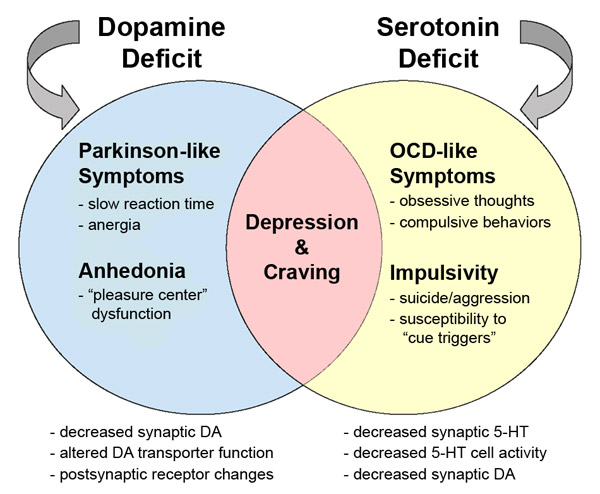 Fred tells her that she doesn't need him anymore, to which Elizabeth very reluctantly agrees, kisses him goodbye, and Bad Fred disappears. Elizabeth leaves her mother, taking the Devil from the snuffbox with her, and begins a new life. nine0003
Fred tells her that she doesn't need him anymore, to which Elizabeth very reluctantly agrees, kisses him goodbye, and Bad Fred disappears. Elizabeth leaves her mother, taking the Devil from the snuffbox with her, and begins a new life. nine0003
#24
Woman.ru experts
#25
12
O-o Your text
Yes! Not a voice, just thoughts came.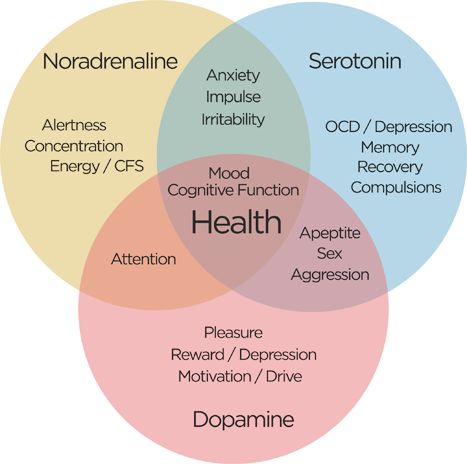 It's like someone is telling me to do something or something bad will happen. Usually threatened with the death of a loved one.
It's like someone is telling me to do something or something bad will happen. Usually threatened with the death of a loved one.
Once I decided to check whether it will come true or not (when something not very terrible was promised). It didn't come true. nine0003
Well, I started talking back to the voice. She said he was lying. It took a long time and gradually. Sometimes even now something flickers.
I was lucky - I have a highly developed spirit of contradiction. It wasn't that hard for me not to do what they said. Although I was afraid. You just need to believe in yourself and fight fear! You will succeed!
And it always comes true for me.. if you don't listen to the voice, something happens that frightens me. Then I blame myself .. I'm writing this and I understand how absurd!! But before the voice was and was, I already lived with it and got used to this way of life, and now, when I found out what it is and try to get rid of it, I understand that I constantly control myself and this is even worse ((
It's strange that it comes true! What exactly?
#26
12
I found the description = Obsessive mystical actions: ?thinking? words, counting up to a certain number, buying only this or that thing only in this or that store, the need to see someone or something or say a certain phrase? everything, "so that trouble does not happen", getting out of bed with a certain, "correct" one? manner etc .
#27
#29
Unreliable stories
#31
Nyuta in her wedding dress.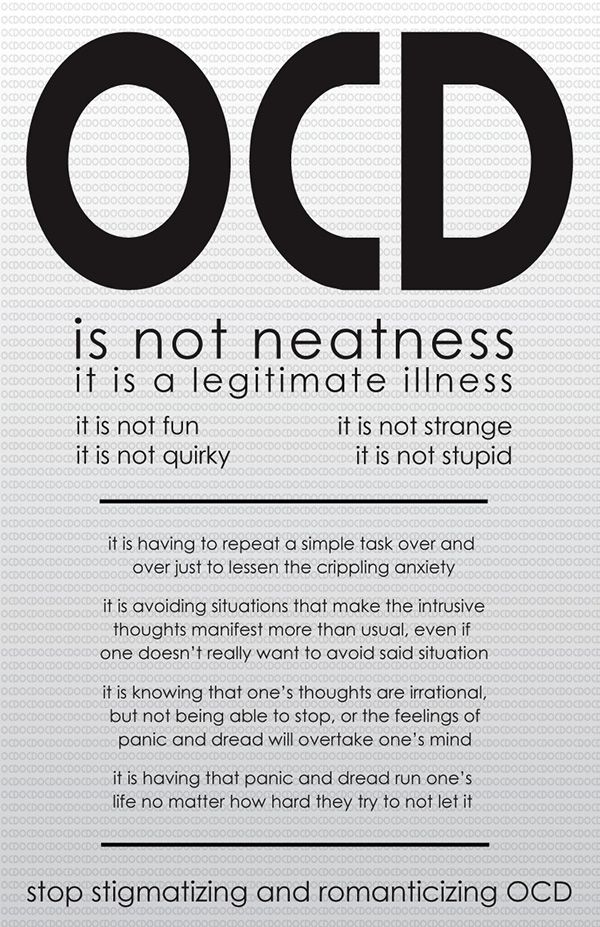
It's one thing to go to a certain store for the same thing, but then easily change it, having found the best option. And quite another - obsessive actions, regardless of the benefits. Terrible thing, in my opinion. Interestingly, but all sorts of signs (black cat, knock on wood, etc.) can be attributed to the disease? I have accumulated a lot of peculiar "rituals" during my life, the observance of which does not affect anything except my personal peace of mind. If I forget something, everything goes wrong! What is this for? I have always considered this a certain mental attunement, because. I find it difficult to cope with shyness, and I had to communicate a lot. But maybe it's time to see a doctor? nine0003
#32
O-o
12 O-o Your text
Yes! Not a voice, just thoughts came. It's like someone is telling me to do something or something bad will happen. Usually threatened with the death of a loved one.
Usually threatened with the death of a loved one.
Once I decided to check whether it will come true or not (when something not very terrible was promised). It didn't come true.
Well, I began to speak to the voice in response. She said he was lying. It took a long time and gradually. Sometimes even now something flickers. nine0003
I am lucky - I have a highly developed spirit of contradiction. It wasn't that hard for me not to do what they said. Although I was afraid. You just need to believe in yourself and fight fear! You will succeed!
And it always comes true for me.. if you don't listen to the voice, something happens that frightens me. Then I blame myself .. I'm writing this and I understand how absurd!! But before the voice was and was, I already lived with it and got used to this way of life, and now, when I found out what it is and try to get rid of it, I understand that I constantly control myself and this is even worse ((your text
It's strange that it comes true! What exactly?
F. E., lioness_tz, describe your symptoms)
E., lioness_tz, describe your symptoms)
#33
F.E., lioness_tz, describe my symptoms)
I have failed ... , trusted her more "work", but I felt sorry for the left one...0002 Yes! Not a voice, just thoughts came. It's like someone is telling me to do something or something bad will happen. Usually threatened with the death of a loved one.
Once I decided to check whether it will come true or not (when something not very terrible was promised). It didn't come true.
Well, I began to speak to the voice in response. She said he was lying. It took a long time and gradually. Sometimes even now something flickers.
I was lucky - I have a highly developed spirit of contradiction. It wasn't that hard for me not to do what they said. Although I was afraid. You just need to believe in yourself and fight fear! You will succeed! nine0003
And it always comes true for me.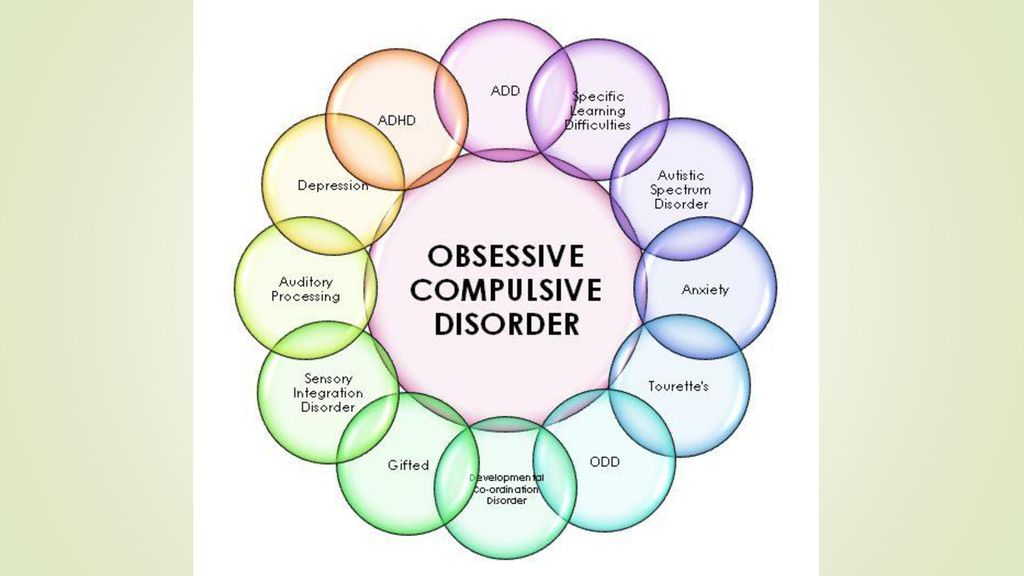 . if you don't listen to the voice, something happens that scares me. Then I blame myself .. I'm writing this and I understand how absurd!! But before the voice was and was, I already lived with it and got used to this way of life, and now, when I found out what it is and I'm trying to get rid of it, I understand that I constantly control myself and this is even worse ((Your text
. if you don't listen to the voice, something happens that scares me. Then I blame myself .. I'm writing this and I understand how absurd!! But before the voice was and was, I already lived with it and got used to this way of life, and now, when I found out what it is and I'm trying to get rid of it, I understand that I constantly control myself and this is even worse ((Your text
Strange,
A lot of things.. for example, health problems suddenly start for me or my relatives, and I think that this is due to ignoring orders.. although I understand that this is not so, fear is already settling inside. nine0003
Your text
The voice just specifically told me: if you don't do this, for example, your father will die today. And he doesn't think about dying.
And if you fall ill, there is nothing surprising - self-hypnosis.
Try to make contact with this voice. Talk and ask questions. And do not be afraid, remember that this is just a part of your subconscious, and not some kind of demon.